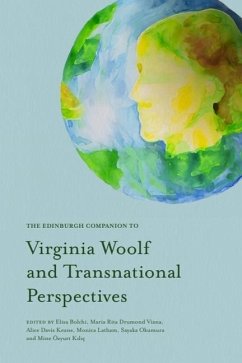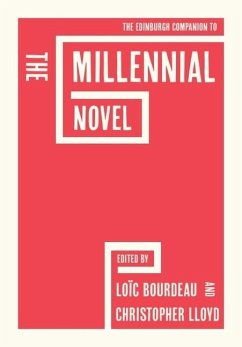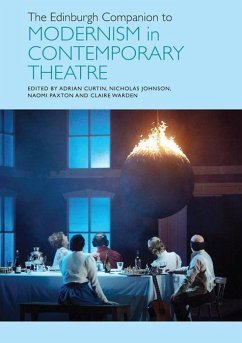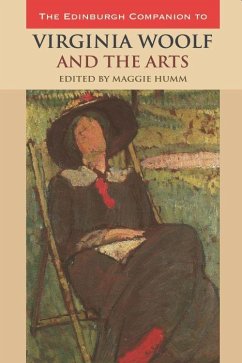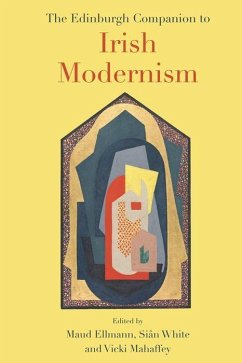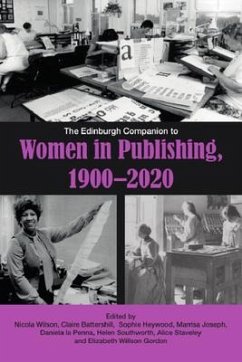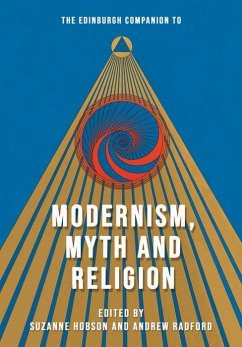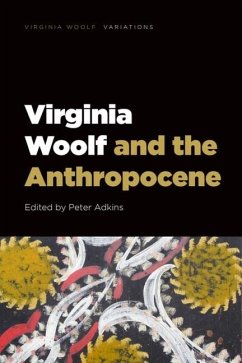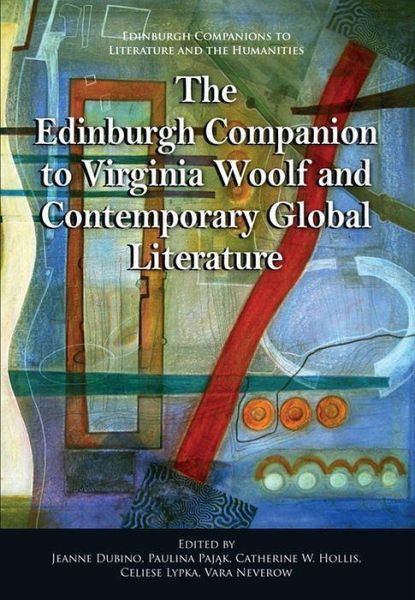
The Edinburgh Companion to Virginia Woolf and Contemporary Global Literature
Versandkostenfrei!
Versandfertig in über 4 Wochen
230,99 €
inkl. MwSt.
Weitere Ausgaben:

PAYBACK Punkte
115 °P sammeln!
A collection of original essays exploring the diverse impact of Virginia Woolf's writing on contemporary global literature and culture To capture the many Woolfian currents circulating around the world, the twenty-three chapters in this companion examine the global responses Woolf's work has inspired and explore her worldwide influence. Authors address ways Woolf is received by writers, publishers, reading audiences and academics in countries around the world; how she is translated into multiple languages; and the transformation of her life into global contemporary biofiction. This collection ...
A collection of original essays exploring the diverse impact of Virginia Woolf's writing on contemporary global literature and culture To capture the many Woolfian currents circulating around the world, the twenty-three chapters in this companion examine the global responses Woolf's work has inspired and explore her worldwide influence. Authors address ways Woolf is received by writers, publishers, reading audiences and academics in countries around the world; how she is translated into multiple languages; and the transformation of her life into global contemporary biofiction. This collection is dialogic and comparative, incorporating both transnational and local tendencies insofar as they epitomize Woolf's global reception and legacy. It contests the 'centre' and 'periphery' binary, offering new models for Woolf global studies and promoting cross-cultural understandings. Jeanne Dubino is a Professor of English and Global Studies at Appalachian State University, USA. Paulina Pajak is a Lecturer in English Studies at the University of Wroclaw, Poland. Catherine Hollis is an Instructor at the University of California-Berkeley, USA. Celiese Lypka is a Postdoctoral Fellow in English Literature at the University of Manitoba, Canada. Vara Neverow is a Professor of English and Women's and Gender Studies at Southern Connecticut State University, USA.




